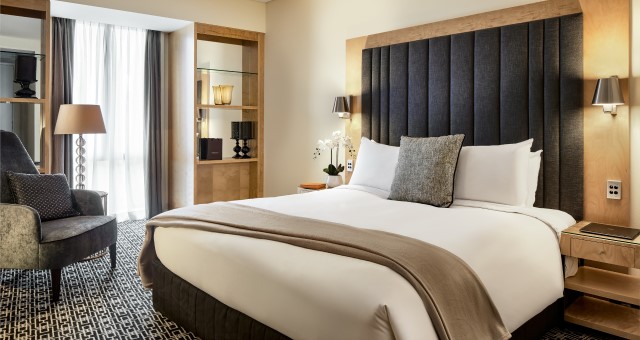As tourists get the green light to travel to Australia and former quarantine hotels prepare to reopen to the public, many hoteliers are opting to transform their space to win business. Chada Creative Director and Owner, Juliet Ashworth, discusses the importance of personality-driven design.
When it comes to hotels, regional Australia is about to have its time in the sun. Let’s face it, the hotel offering for both tourists and business travellers outside our major metropolitan areas has generally been abysmal. Bland brands, offering little more than a roof over your head, are going to be pitching themselves against personality-driven, tailored new offerings.
Lifestyle hotels continue to flourish with room numbers expected to double in the next couple of years and regional Australia will get its share. Accor alone plans to grow its lifestyle range by 25% worldwide.
Right now, here at Chada, we’re creating a new mid-market brand aimed at the fly-in fly-out worker who needs short- to medium-term accommodation to rival Airbnb.
We’re also redesigning a bunch of tired properties in remote locations that will provide exciting new holiday experiences for domestic and returning international travellers. Despite everything that this continent has to offer, quality experiential travel accommodation is still under-catered for compared to similar territories.
So, with a shift of focus away from the CBDs to regional areas and outer city suburbs, we’ll see the rise of lifestyle hotels that are much more than a bed for the night. They’ll reflect the locale in a micro fashion, exploring stories from the surrounding neighbourhood and celebrating local culture, art, history, and personalities. They’ll be places for locals the guests to mingle and may even offer co-working spaces. Catering will hero local producers and produce.
Our job, as brand makers, will be to enhance the travel experience and create a sense of belonging that has been largely lacking in our regional hotels.
Overlaid on this new focus are building costs at an eye-watering high thanks to the shortages in supply of materials, so refurbishment dollars must be spent on the things that guests actually need, prompting a new kind of simplicity with emphasis on smart technology.
As the guest experience becomes increasingly digitalised, a hotel stay should be more personalised with human interactions provided via communal spaces. With the health crisis almost behind us, the desire for experiences with meaning and a genuine local feel will gain even more value.
For more, check out the April issue of HM, published next week.

